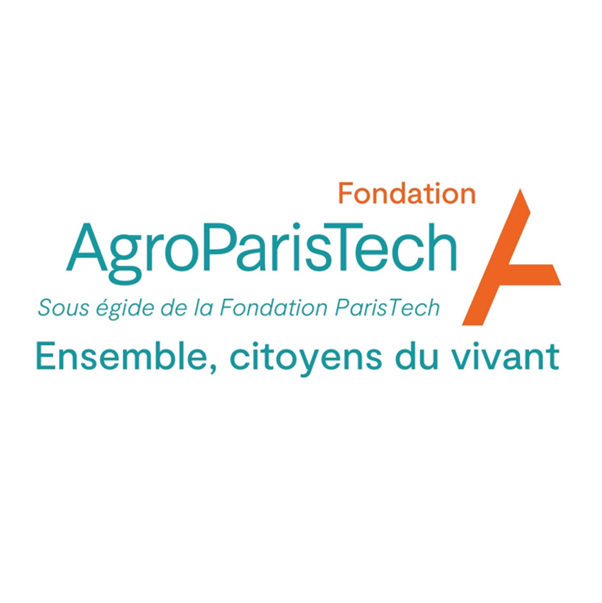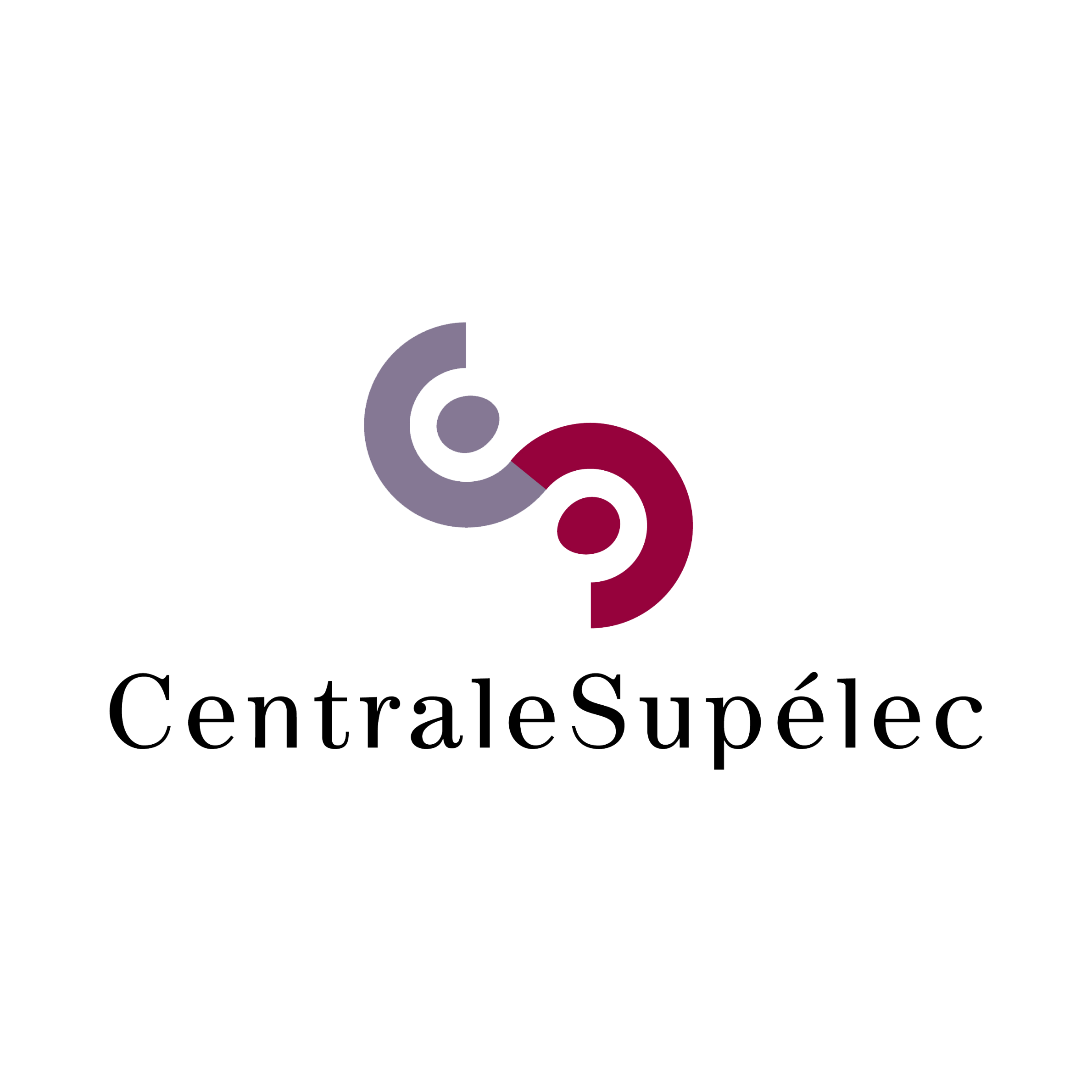Since 2020, Eurofins Foundation has supported the annual AOAC INTERNATIONAL/Eurofins Foundation “Testing for Life” Student Award.
This award supports student researchers who are advancing basic or applied science in analytical or molecular testing for food safety, food security, food defence, food authenticity, or health and environmental protection.
Since its creation, the Award has been awarded to:
- Stephanie Bishop, of the University of British Columbia Okanagan (CA) and a Ph.D. graduate majoring in Analytical Chemistry. Stephanie’s research explores the effects of different environments and ecosystems on cyanobacteria growth and metabolism (2020);
- Shimin Chen, a Graduate Research Assistant (Ph.D.) majoring in Food Science and Technology at the University of Nebraska (USA). Shimin’s research brings together advanced techniques including genomics and proteomics to solve critical food safety questions related to the management of food allergens (2020);
- Xingyi Jiang of Florida State University (USA), a Ph.D. student majoring in Nutrition and Food Science, whose research focuses on using food immunochemistry as a tool to improve food safety (2020);
- Isaac Rukundo, of the University of Nebraska (USA), a Ph.D. candidate majoring in Food Science and Technology. His research provides a framework for assessing the performance of handheld NIR devices for in situ monitoring of food authenticity throughout the supply chain and to facilitate tracing the source of contaminated foodstuffs (2020);
- Aristeidis Tsagkaris of UCT Prague (CZ), a Ph.D. candidate majoring in Food Analysis and Nutrition. Aristeidis has developed a smartphone-based assay for the screening of neurotoxic organophosphate and carbamate pesticides in fruits and vegetables (2020);
- Maryam Abdur-Rahman, an aspiring biotechnologist at the University of Maryland, Baltimore County (USA) whose goal is to further research on women’s health (2021);
- Tengfei Li, a PhD candidate majoring in food science and technology at the University of Nebraska – Lincoln (USA). Her research work focuses on the development of an immunoassay for the detection of fish residue from a range of commonly consumed fish species (2021);
- Xingchen Liu, a PhD candidate from the Department of Plant Science and Landscape Architecture at the University of Maryland, College Park (USA) Xingchen’s research focuses on the mechanisms of interaction between Salmonella and leafy greens grown under abiotic stresses (2021);
- Raviraj Chandrakant Shinde, a PhD student from Shivaji University, Kolhapur (IN), whose doctoral dissertation focuses on developing fit-for-purpose methods for the residue analysis of difficult-to-analyse pesticides in cereals, pulses, and processed food products (2021);
- Leos Uttl, a PhD candidate majoring in food analysis and nutrition at the University of Chemistry and Technology, Prague (CZ). His main research areas are metabolomics and targeted analysis of pesticide residues employing ultra-high performance liquid chromatography coupled to different types of mass spectrometry analyzers (2021);
- Sarah Azinheiro, a PhD student at the University of Santiago de Compostela with a background in biology and biotechnology. Her research work has been developed at the International Iberian Nanotechnology Laboratory (INL; Portugal) for the past 7 years and focuses on development of innovative and faster detection methods for pathogenic microorganisms and allergens based on DNA and immunological analysis (2022);
- Amber Bell, a PhD candidate, majoring in chemistry at the University of Waikato under the supervision of Dr. Megan Grainger. Her master’s research, also supervised by Grainger, investigated the cause of low diastase activity in mānuka honey, which spurred her interest for continuing research in the field of apiculture. Bell’s PhD research will investigate the effects of anthropogenic metals on the health of the honeybee (Apis mellifera) from the molecular level through to individual bees and the entire colony, using a variety of methods, including LA-ICP-MS and transcriptomics (2022).
- Bindu Modi, a first-year PhD student in the Department of Chemistry, University of Cincinnati. She obtained a master’s degree in Chemistry from Tribhuvan University, where she worked on phytochemical and nutritional analysis of traditional medicinal plants of Nepal. Her current research involves developing analytical techniques to detect sub-second release of guanosine in the brain during pathological conditions (2022)
- Arineh Tahmasian, a PhD candidate at Edith Cowan University in the field of food and agricultural proteomics. Her research focuses on the application of liquid chromatography-mass spectrometry (LC-MS) and computational biology techniques for studying nutritional (bioactive) and antinutritional (allergenic) proteins in lupin seeds, as well as lupin-based food products. The exploration of diverse lupin resources has enabled Tahmasian to identify varieties with optimal nutritional properties for food applications, while informing and accelerating breeding programs for enhancement of the available varieties (2022).
- Ajay S.V., a DST-INSPIRE PhD Fellow working at the Dioxin Research Laboratory, Environmental Technology Division of CSIR- NIIST under the guidance of Dr. K.P. Prathish, Senior Scientist at CSIR-NIIST. He completed his master’s in Environmental Technology with a specialization in Environmental Engineering from Cochin University of Science and Technology (CUSAT) and M.Phil. in Ecological Informatics from Indian Institute for Information Technology and Management in Kerala (IIITM-K). His doctoral work is focused on the assessment of dioxin-like persistent organic pollutants (dl-POPs) emissions from the open burning of municipal solid wastes in India (2022).
- Yigong Guo, a Ph.D. candidate at the University of British Columbia, who has demonstrated exceptional academic and research abilities. Currently, he is conducting research focusing on buccal delivery of nanoencapsulated insulin, aiming to replace subcutaneous insulin injections for diabetic patients. His research garnered global media attention for its potential to improve the lives of patients relying on protein-based therapies. Guo has published 17 manuscripts, including collaborative projects, during his Ph.D. studies. He is dedicated to helping others develop and test new products (2023).
- Hieu Le, a Vietnamese student studying in Canada, recently graduated from Carleton University with an honours degree in Computational Biochemistry. He is currently pursuing the application of data analysis in biochemical fields, such as metabolomics (2023).
- Shandry Tebele, a Ph.D. candidate in the Department of Molecular and Cell Bioloy at the University of Cape Town, South Africa. Her research project predominately focuses on the microbiome and metabolome of the resurrection plant Myrothamnus flabellifolia under drought stress. Her research interest has been driven by promoting sustainable agriculture through implementation of innovative strategies. Tebele is characterising microbes associated with the roots, rhizosphere, and bulk soil of M. flabellifolia using metagenomic sequencing and metabolic profiling using GC-MS. Furthermore, she is using an emerging high-throughput technique called metatranscriptomics to analyze the expressed microbial genes under drought stress. Most of her research work has been published in peer-reviewed and accredited journals with high impact factors. Tebele won the AOAC Sub-Saharan Africa Section’s Young Scientist Award in 2019 during her MSc program (2023)
- Zhihan Xian, a Ph.D. candidate at the University of Georgia Center for Food Safety (USA). His research focuses on the application of food microbiome profiling in food authenticity analytics and whole genome sequencing (long and short reads) in subtyping of foodborne pathogens. Xian obtained a BS in Food Science with a minor in Computer Science from the University of Maryland. (2023)
- Yaqi Zhao, a Ph.D. candidate in the Food Science Program at the Florida State University (FSU), Tallahassee, Florida, USA. She joined the FSU Food Safety and Quality Laboratory in 2019. Her research interests focus on rapid detection of food allergens and protein characterisation using immunochemistry. Zhao obtained her MS degree in 2021.(2023)
More details about the 2020 grantees are available here.
More details about the 2021 grantees are available here.
More details about the 2022 grantees are available here.
More details about the 2023 grantees are available here.
More details about the 2023 grantees are available here.
























